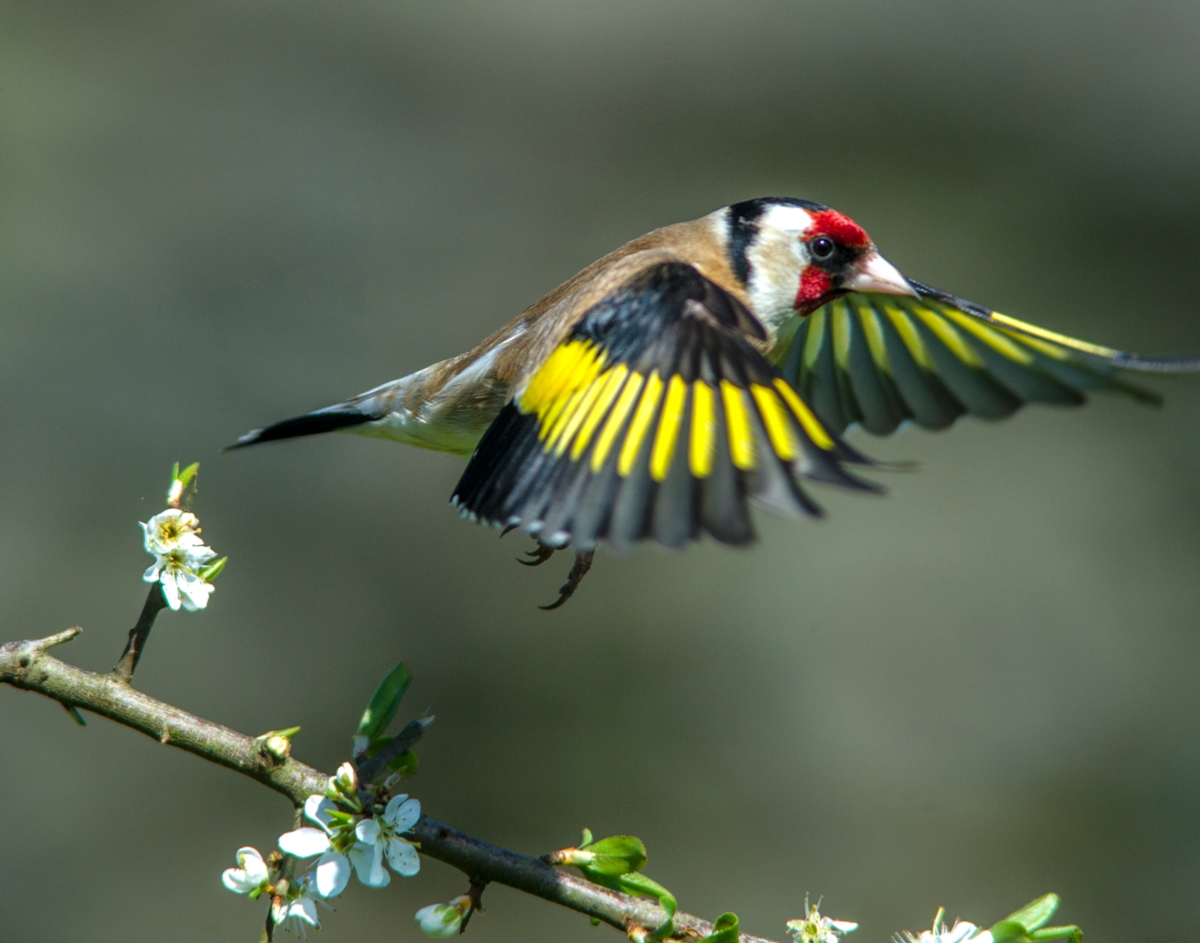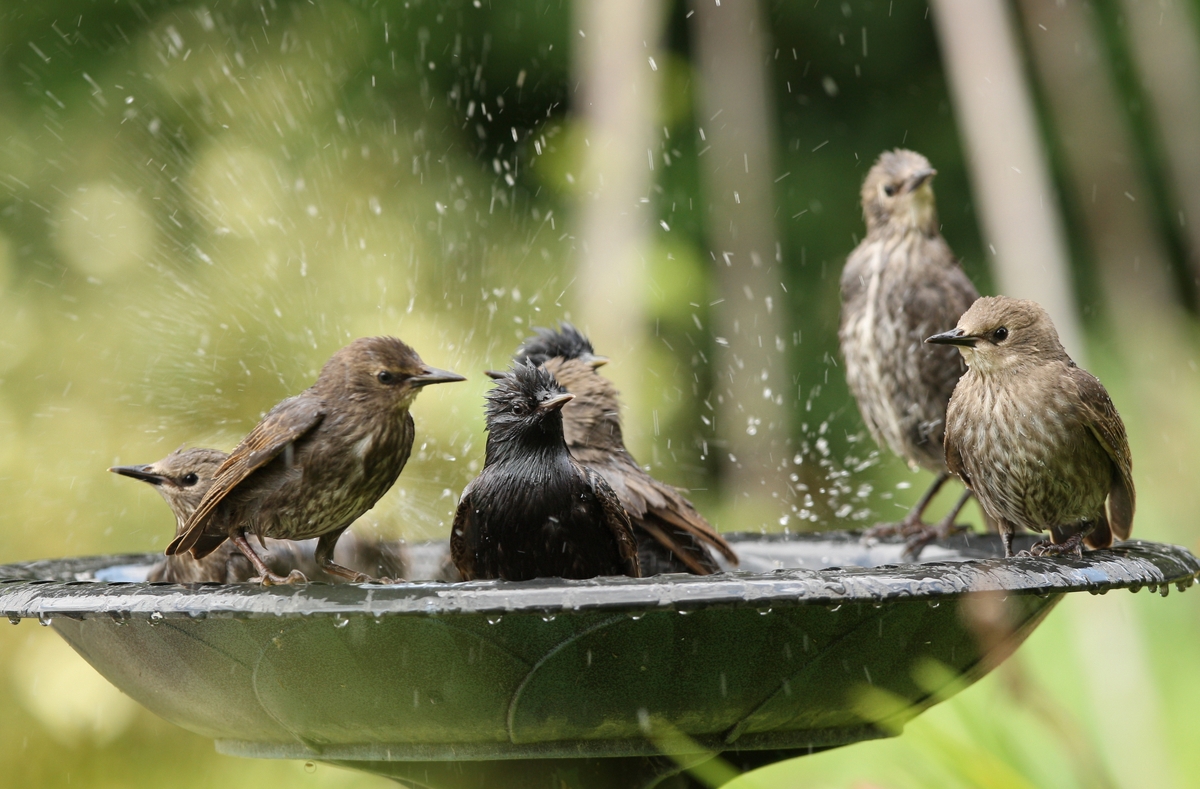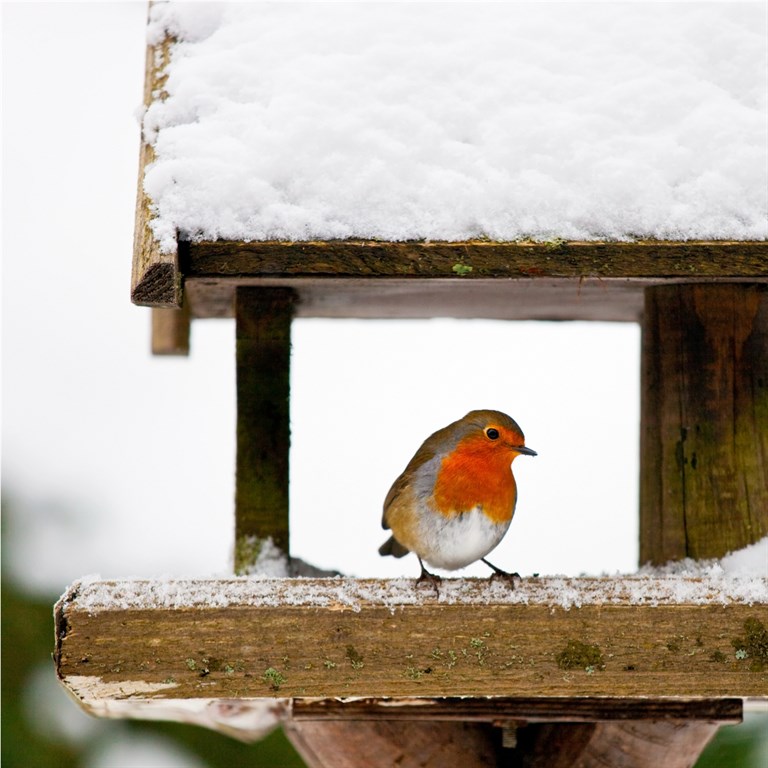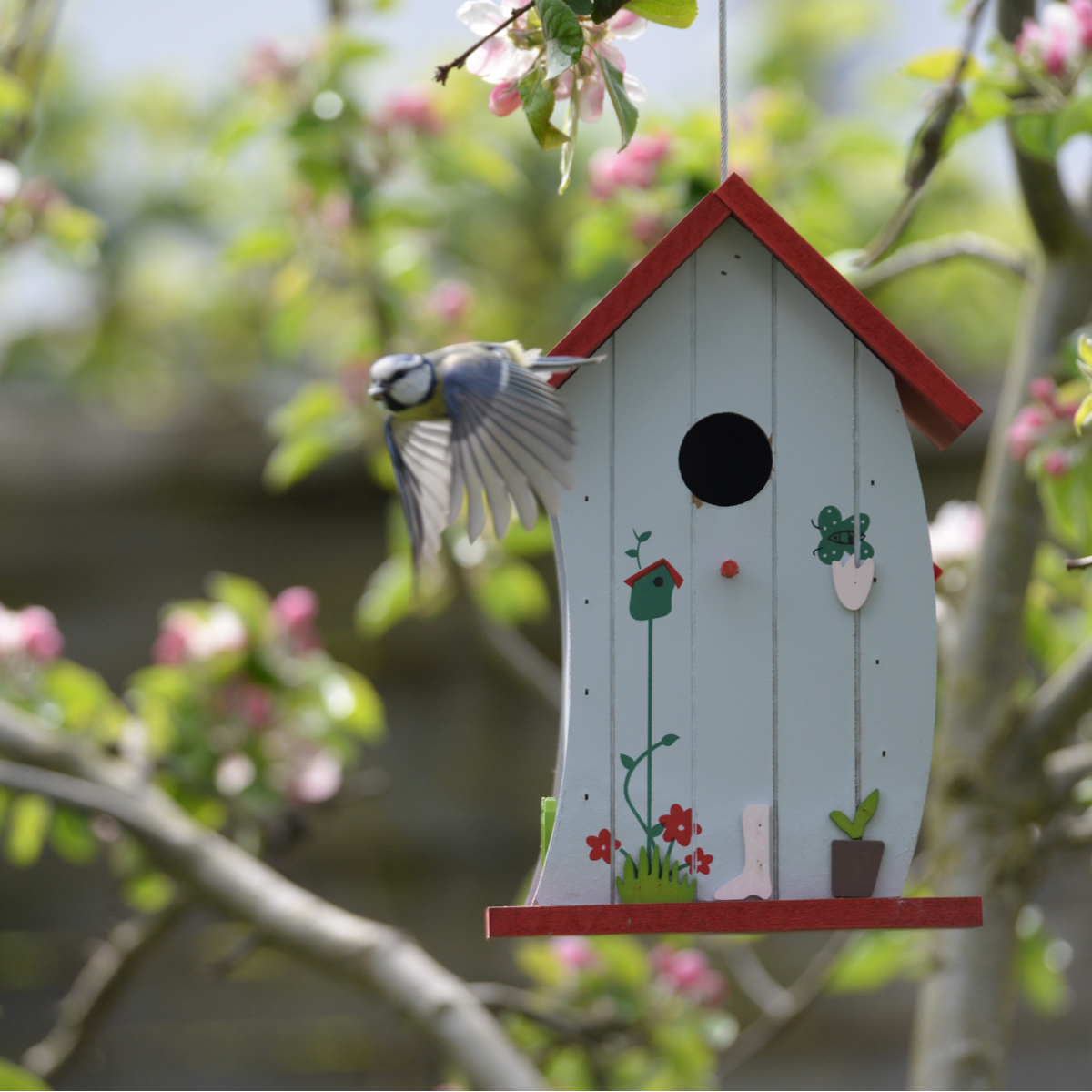19 January 2022
Making a bird friendly garden
Whether you have an avid interest in birds and birdwatching or you have children or grandchildren who love nature and wildlife, seeing new birds in your garden can be exciting, fascinating and intriguing all at the same time. The best part? With just a few simple changes to your garden you could be attracting even more feathered friends.
In truth, creating a truly bird-friendly garden doesn’t take a great deal of effort. You may see a small range of certain common species, but there are a number of things you can do to invite a much wider array.
“Attracting wildlife to your garden is very rewarding and with many once common species in decline, our wildlife needs all the help it can get, especially in the winter” Claire Hanley-Opik of the Sheffield & Rotherham Wildlife Trust tells us.
Our gardens play a vital role in conservation: with so much urbanisation going on, we have the opportunity - perhaps even the responsibility - to provide food, water and refuge for many species that visit our gardens. In doing this, you’ll guarantee regular visitors and attracting increasingly more species can become a reward in itself. “Think of your garden as a mini nature reserve” says Helen Ensor, the group leader for the RSPB Sheffield Local Group.
When it comes to welcoming feathered friends to our gardens, there are various plants that they will particularly enjoy. Trees or shrubs that bear fruit and berries are excellent for birds because they provide food at certain times of year. Examples include: Pyracantha, Cotoneaster, Hawthorn, Holly, Crabapple or Blackthorn. When these flower in the spring, they attract pollinators such as bees and hover-flies, which according to Helen are “vitally important to our world and their fruits are attractive to blackbirds and thrushes.” Plants that bear seed through the colder months such as Teasels are a good source of food for birds and are especially attractive to goldfinches.

As well as bird-friendly plants, there are many ways you can lure insects into your garden. Helen recommends plants from the daisy family, lavender and foxglove. Claire adds: “Ivy is also a great source of food and shelter for many species, as well as birds.”
While many of us may sprinkle crumbs of our out-of-date bread on the lawn for birds, there are different types of food we can leave out to attract an array of birds for us to admire from the comfort of our home. Claire suggests leaving chopped up fruit and vegetables out and claims pelleted suet and unsalted nuts are all favourites with many species, being particularly high in energy. Helen recommends sunflower hearts in a feeder to attract tits and finches. If you do decide to put a feeder in your back garden, be patient as it may take time for birds to find it but eventually, it will be worth the wait!
“Water is also extremely important all year round for birds to drink and bathe. All you need is an old plant pot saucer or dish and keep it filled with fresh water. As with bird feeders, you also need to keep birdbaths clean, this prevents the spread of disease between the birds.”
Helen Ensor, Group Leader for RSPB Sheffield Local Group.

There are also certain things to avoid when feeding birds:
- Placing large balls of seed or peanuts out in the netted bags you purchase them in. Birds can get their feet and tongues caught in the netting.
- Food scraps from our dinner should only be left out a little at a time and if not eaten within 24 hours, should be removed as just like humans; old food is bad for birds.
- Bread is not ideal for birds as it lacks key nutrition. If you want to leave old bread out, soak it in water first to aid consumption.
- Don’t use pesticides for obvious reasons. Make sure you leave space for other wildlife in your garden too by placing logs and plants for pollinators in your garden. Insect hotels are a good addition too.
If you’re unsure about the best place to purchase bird feed, Vine House Farm is an award-winning wildlife-friendly farm which gives 5% of all its local sales to Sheffield & Rotherham Wildlife Trust. You can also purchase good quality seed from most RSPB centres. You can find your local reserve HERE.
There are many feeders available for your garden, it’s just important to make sure they are in a safe place to avoid predators such as cats. Claire suggests hanging feeders in trees or attaching them to your windows. You can also hang the ‘fat balls’ from washing lines or tree branches.
If you have a feeding station in your garden, the best place for it is near a hedge or shrub because this provides refuge if the birds feel threatened for whatever reason. Providing a variety of food will encourage many different common birds as well as a few surprises… For example, tits and finches can perch on feeders full of seed but bigger birds such as blackbirds struggle to use feeders, so you can entice them by leaving food on a ground feeder or a bird table.

“Experiment with different types of food - suet, seeds and mealworms are readily available. Sunflowers look great in your garden, and the seeds are popular with many different birds.”
- Claire Hanley-Opik, Marketing and Communications Officer for Sheffield & Rotherham Wildlife Trust
If you are interested in attracting birds to your garden, put in a little extra effort by installing a bird box. Now is a great time to clean out existing nest boxes or install new ones ready for breeding season. However, it is illegal to clean out boxes outside of the designated period of 1st September to 31st January in case there are nesting birds.

On the 28th to the 30th of January, the RSPB are holding their Big Garden Birdwatch. They ask people to spend one hour counting the birds that visit their garden, an excellent thing to do if you’re an avid birdwatcher or simply interested in starting it as a new hobby!
With over half a million people now regularly taking part, coupled with almost 40 years worth of data, Big Garden Birdwatch allows RSPB to monitor trends and helps them understand how birds are currently fairing.
Read more at www.rspb.org.uk/get-involved/activities/birdwatch